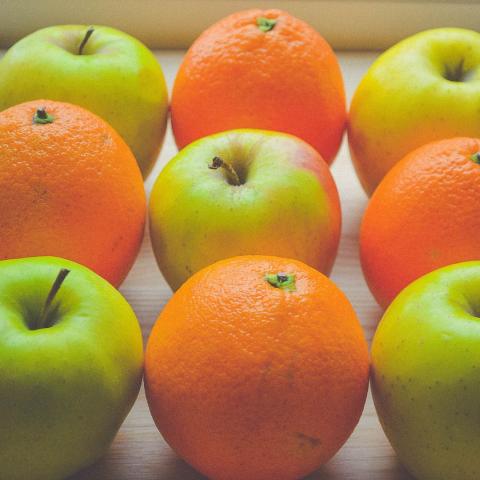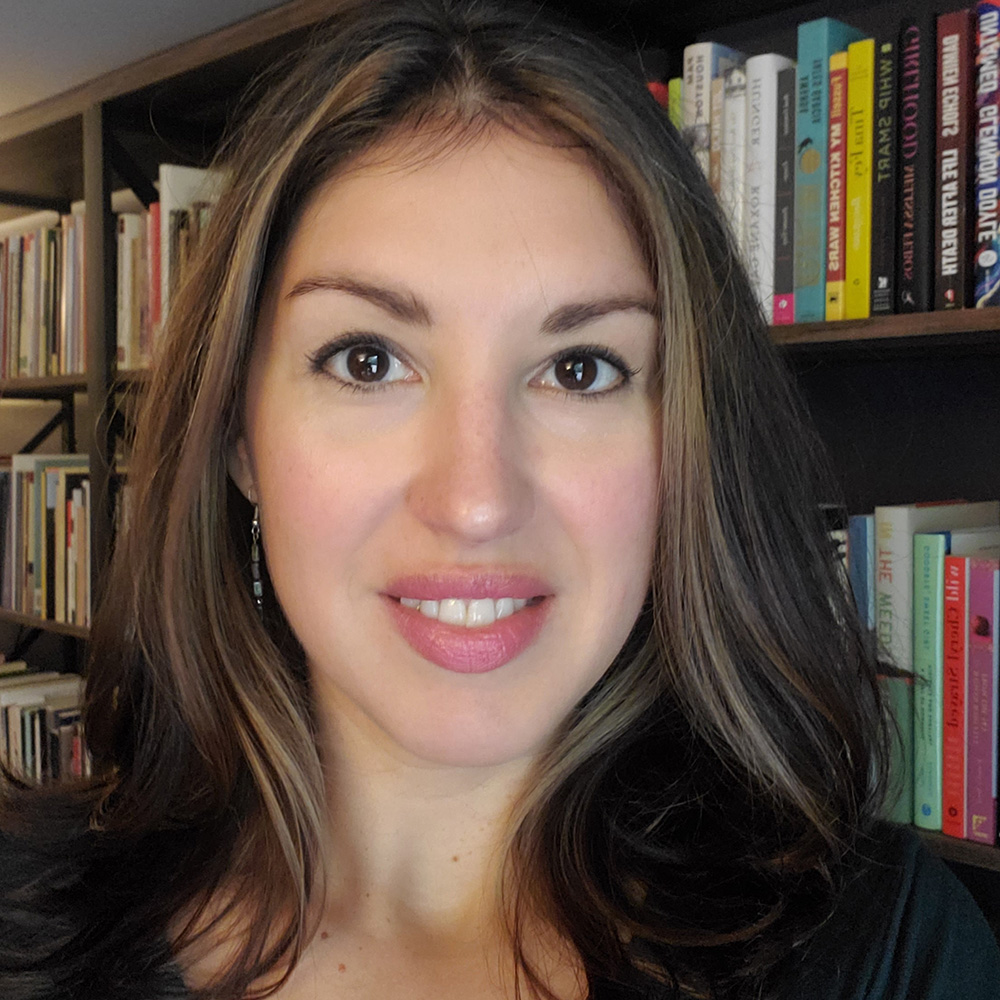
We all do it. We all compare ourselves to the people who are good at what we want to be good at, right?
Sometimes such comparisons motivate us. Other times, they erode confidence and can lead to chronic negativity and even self-sabotage.
Here are four considerations for making the right kinds of comparisons, the ones that will build you up instead of break you down:
Know yourself.
Are you a beginning writer, or just a little rusty? Are you experienced, but branching out into other genres or styles? Are you an apple or an orange? Knowing who you are will help you make reasonable comparisons. A reasonable comparison is one that isn’t rooted in self-judgment or insurmountable expectations (i.e., why haven’t I been offered a three-book deal yet, even though I’ve only published one short story?). A reasonable comparison should make you feel positive about your abilities and motivated to grow. A reasonable comparison allows for the success of others without bitterness or resentment, because you know you are on your own journey.
Know your goals.
If your goal is to write poems, it doesn’t make much sense to compare your daily output to the novelist taking on the challenge of writing 100,000 words in a month, does it? And if you’re the novelist, then a one-page poem every other weekend isn’t going to be the right pace, either. Maybe your goals are just about generating content right now, not publishing stories or essays, trying to get an agent, or planning a book tour. It won’t help you to compare yourself to someone with completely different goals than you have…
Know your tastes.
…but it can definitely be helpful to look at the writers who are accomplishing goals you want to accomplish, now or someday, and emulate what you can regarding their processes and practices. You might not know how many hours a week they spend writing, but you could aim to write a first sentence that excites you as much as the opening of your favorite memoir, or a lyric essay as dense with sensory details as the one a friend recommended last week. You could start a blog or Substack, or be more active on social media, if you want a foothold in the writing communities of authors you revere. Be aware of what you like, and what you want to be like, and you’ll be able to create a more efficient plan of action.
Know your process.
Understand that reaching goals like completing a novel or memoir take time and commitment. Having a dedicated space to write, setting aside time in your schedule for writing, and investing in practicing and improving your writing skills will help you achieve those goals…if you respect, rather than try to rush, the process. No one creative process is going to be exactly the same as anyone else’s. If you know your own process (and tastes, goals, and self), you won’t be so tempted to compare yourself to the processes of others and get mired down in self-consciousness or self-judgment.
Do you compare yourself to other writers? How does it make you feel–positive or negative? Will you use these four tips? Share with us in the comments!
Related reading: Read more to write better
Learn and strengthen your writing voice
Writing as a journey, not a destination
Improve your inner monologue, improve your writing
Want to receive tips and inspiration like this in your inbox every Sunday morning? Join our email list community! You will receive weekly advice, a year’s worth of weekly writing prompts as a FREE download, and be eligible to participate in our monthly photo prompt contest for a chance to share an original piece of writing with our community of more than 2,500 writers.
